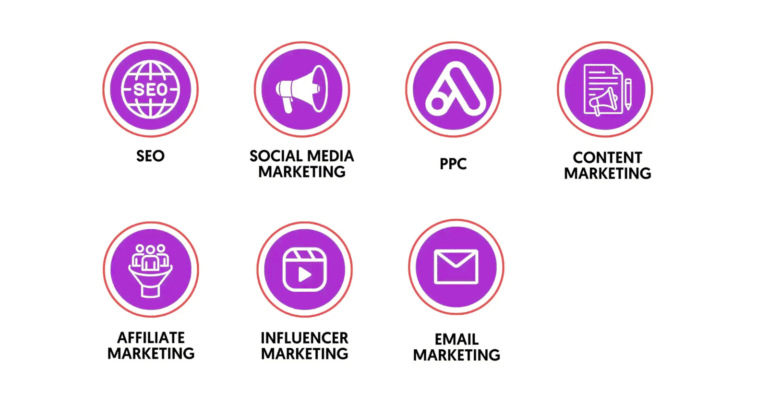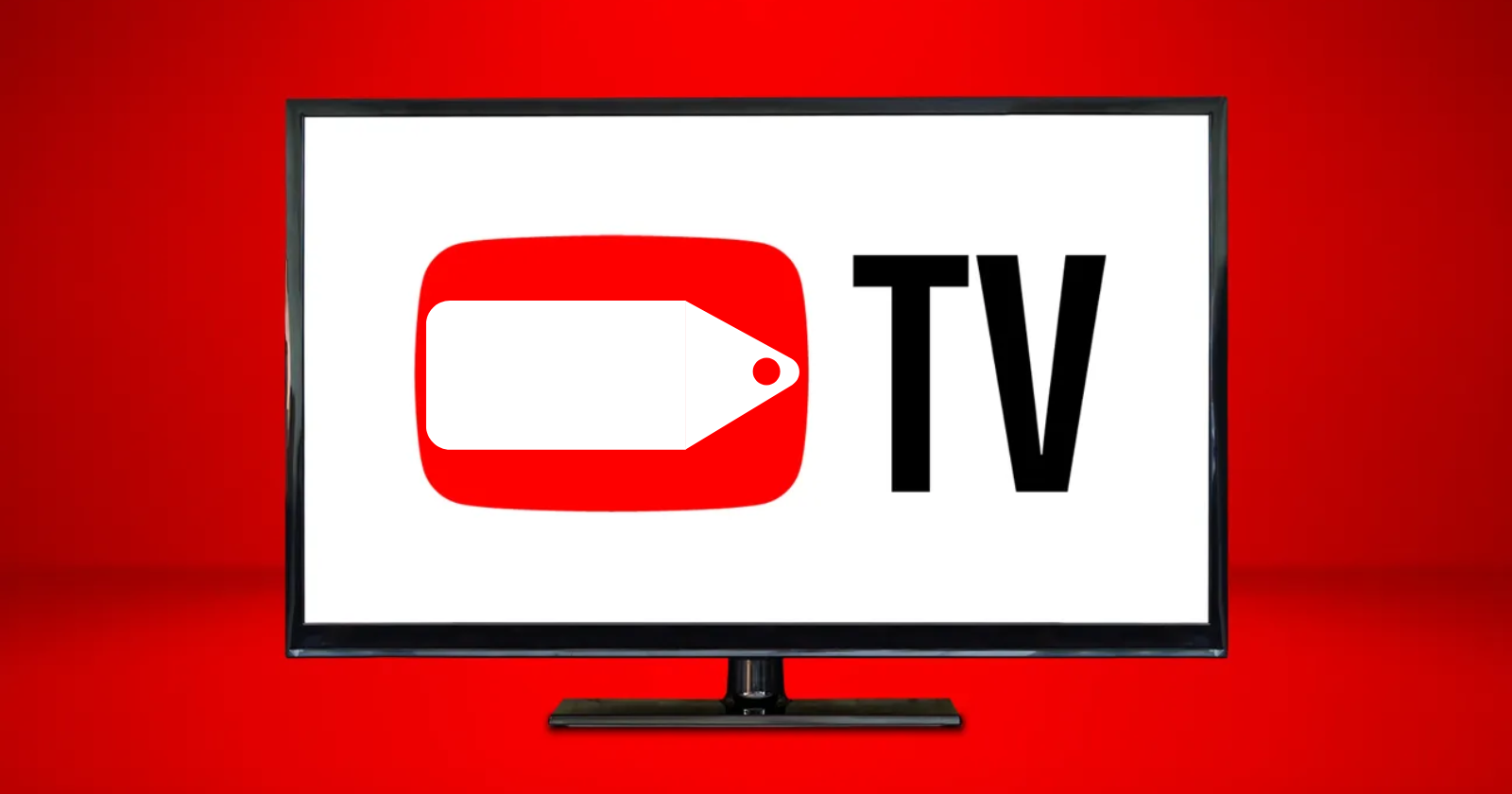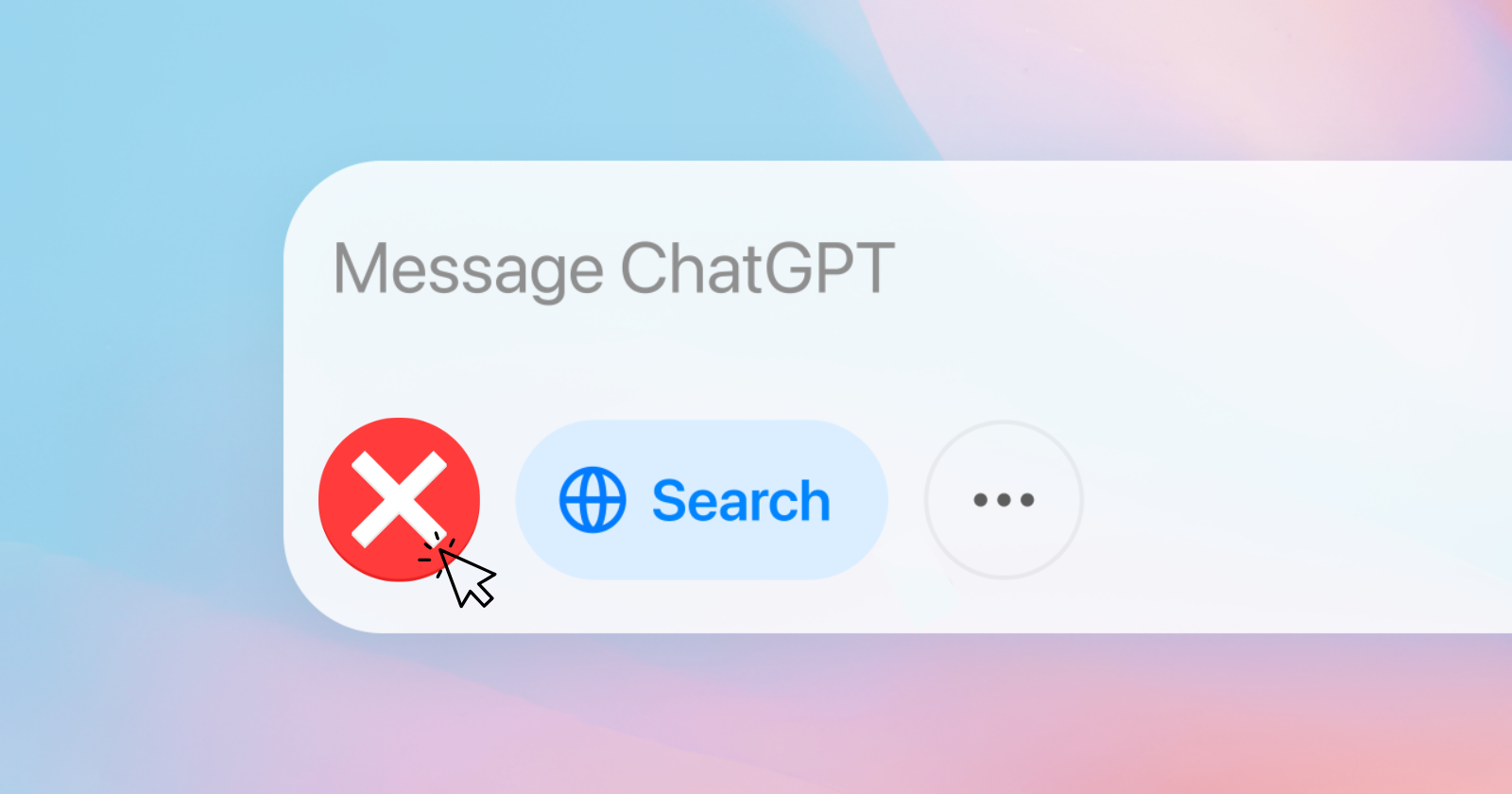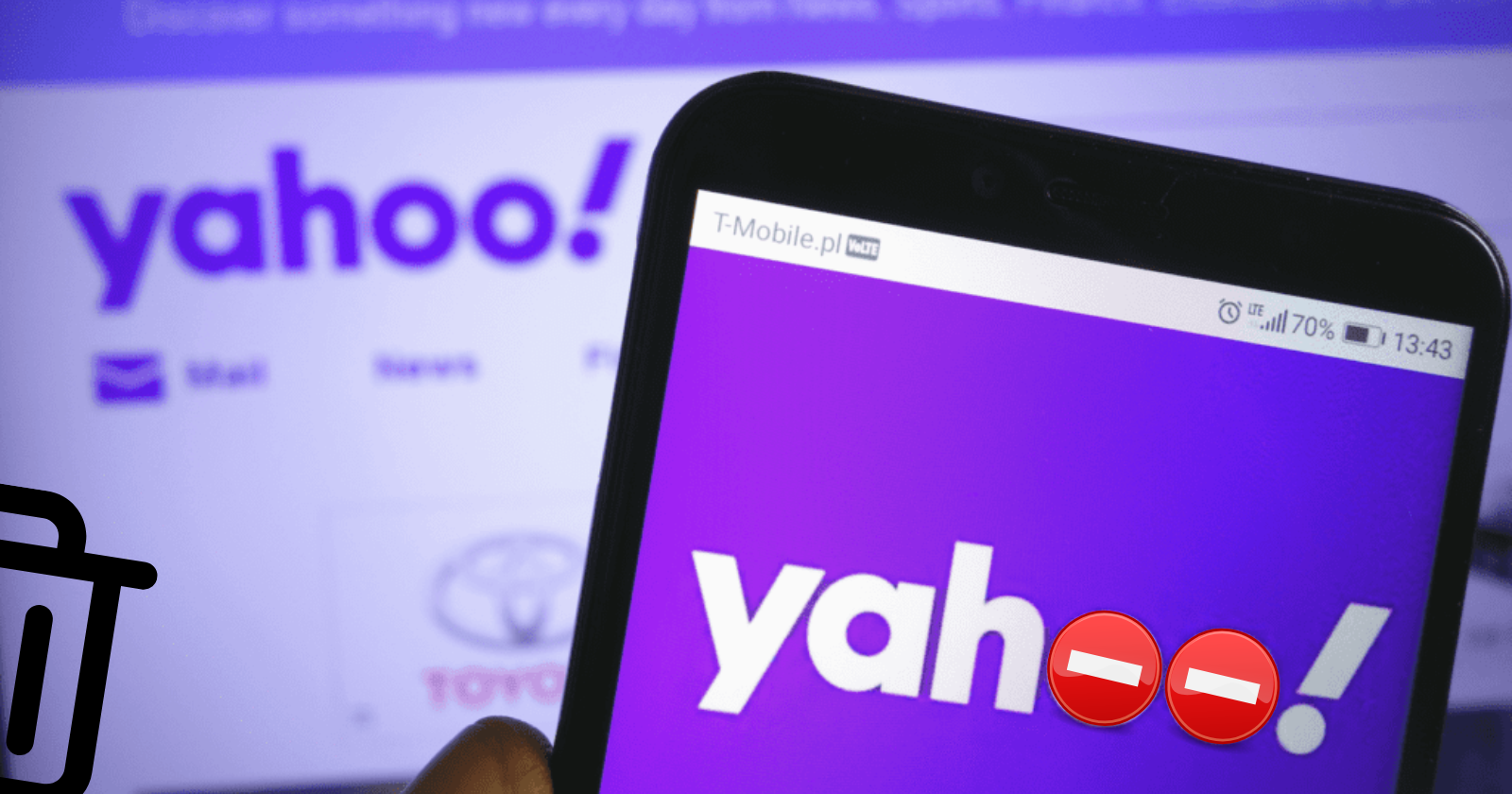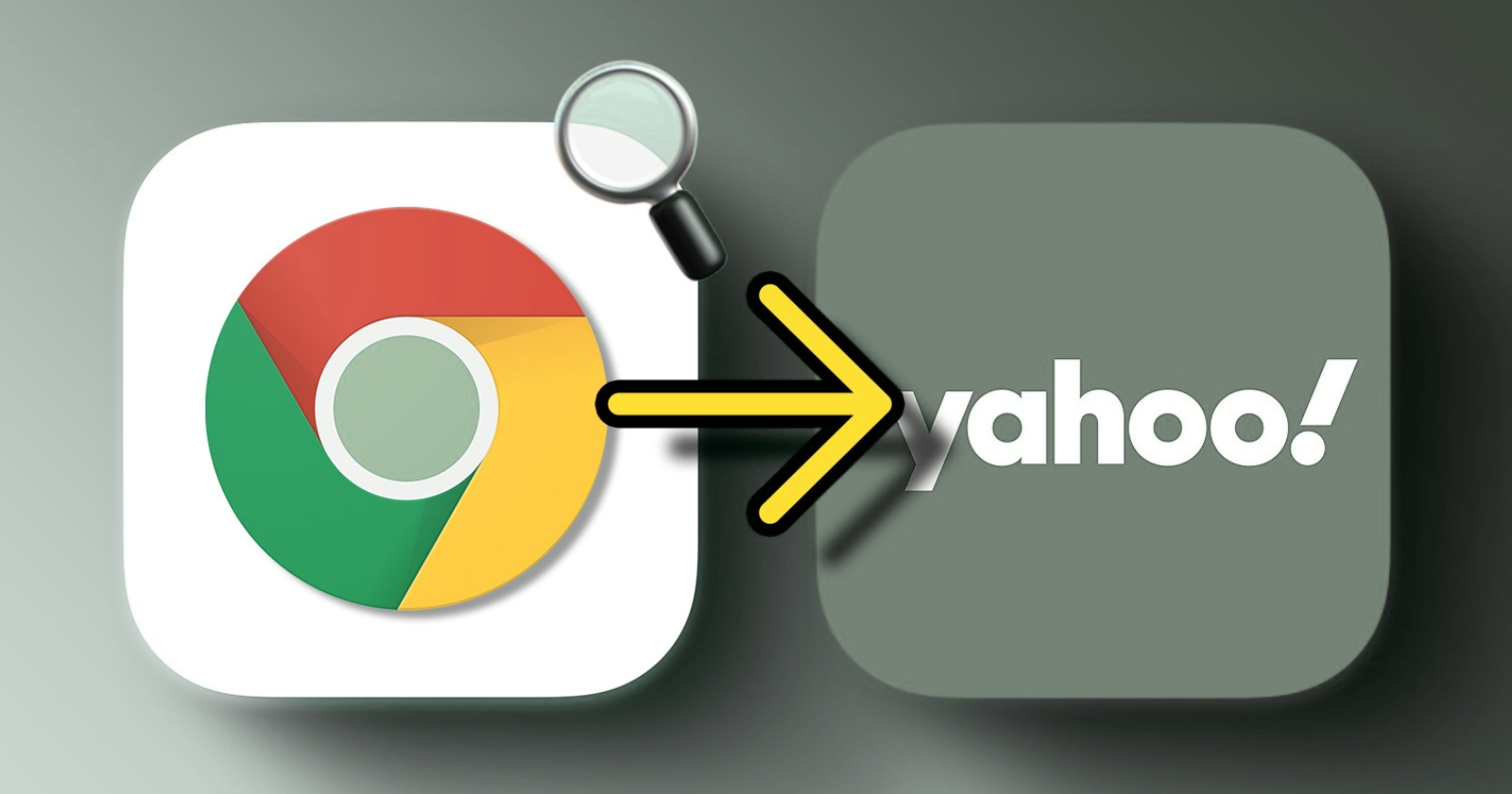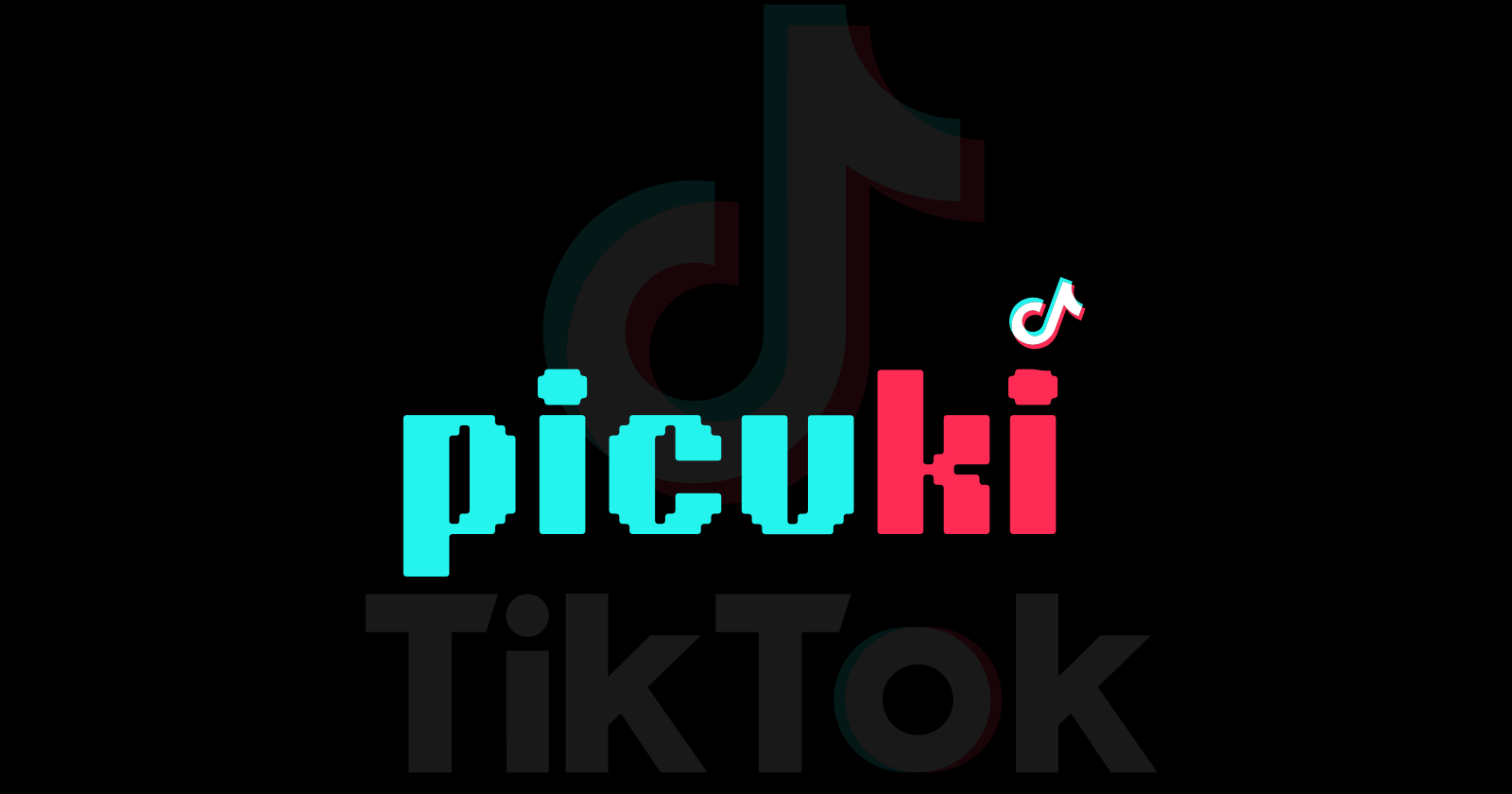Digital marketing is a dynamic and crucial aspect of growing any business in today’s digital-first world. With countless channels available, choosing the right one for your brand can be overwhelming. From social media and content marketing to email campaigns and search engine optimization (SEO), the list goes on. Each platform offers distinct advantages, and your success depends on selecting the most suitable channel for your goals, audience, and budget.
In this blog post, we’ll walk you through the key factors to consider when choosing the right digital marketing channel for your business. By the end, you’ll have a clearer understanding of how to leverage the power of digital marketing to achieve your business objectives.
1. Understand Your Business Goals
Before diving into the various digital marketing channels, it’s essential to have a clear understanding of your business goals. Your choice of platform should align with these objectives. Are you aiming to increase brand awareness, generate leads, boost sales, or engage your existing customers?
- Brand Awareness: If your goal is to make more people aware of your business, social media platforms like Instagram, Facebook, and LinkedIn are excellent options for reaching a wide audience.
- Lead Generation: For lead generation, LinkedIn, paid search (Google Ads), and email marketing are strong contenders.
- Sales Boosting: If you’re looking to directly impact sales, paid search ads and eCommerce platforms can help you target specific customer intents.
- Customer Engagement: For engagement, content marketing, including blogs and social media, can help build lasting relationships with your audience.
Aligning your marketing efforts with your specific goals will allow you to choose the best channels for your needs.
2. Identify Your Target Audience
One of the most important factors in choosing the right digital marketing channel is understanding who your target audience is and where they spend their time online. Different demographics gravitate towards different platforms. To ensure your marketing efforts reach the right people, consider the following:
- Age and Gender: Certain platforms attract specific age groups. For instance, TikTok is popular among younger audiences, while Facebook has a more diverse user base across all age groups.
- Location: If your business targets a local or regional audience, location-based targeting through platforms like Google Ads and Facebook can be highly effective.
- Interests and Behaviors: Social media platforms like Instagram, Pinterest, and Twitter allow you to target users based on their behaviors and interests. This makes it easier to engage potential customers who are already interested in products or services similar to yours.
Understanding these aspects will help you focus your efforts on the channels that will yield the best results for your target market.
3. Consider Your Content Type
The type of content you plan to create plays a significant role in selecting the right marketing channel. Different platforms are better suited to different types of content, and understanding what works best for your business is key.
- Visual Content: If your brand is highly visual, platforms like Instagram, Pinterest, and YouTube are ideal for showcasing your products or services.
- Written Content: If your strength lies in producing blogs, articles, or long-form content, then SEO, LinkedIn, or even email newsletters could be a better fit.
- Video Content: For businesses that excel in producing engaging videos, YouTube, TikTok, and Facebook are top choices. These platforms allow you to deliver compelling content that can quickly capture the audience’s attention.
- Audio Content: Podcasts and audio-based content work well on platforms like Spotify and Apple Podcasts. If your brand has valuable information to share, consider podcasting as a channel to reach your audience.
Knowing the format of your content will guide you toward the best platforms where your content can be consumed in the most engaging way.
4. Budget Constraints
While digital marketing channels provide many options, not all of them are equally cost-effective. Understanding your budget is essential when selecting the best digital marketing channel. Some channels, like social media and content marketing, can be more affordable and even free if you handle them in-house. Others, such as paid search or influencer marketing, require a more significant financial investment.
- Low Budget: Social media marketing, content marketing, and organic SEO are affordable and can yield excellent results over time. These options focus on organic reach and require more effort and time but offer cost-effective long-term growth.
- Medium to High Budget: For quicker and more scalable results, consider investing in paid advertising, such as Google Ads, Facebook Ads, or influencer partnerships. These platforms allow you to reach a broader audience faster, but they require consistent investment.
Assessing your budget will help you understand which digital marketing channels are both feasible and cost-effective for your business.
5. Assess the Level of Competition
Certain industries experience high competition on specific platforms, while others may have less clutter and noise. It’s essential to consider the level of competition when choosing a digital marketing channel. Highly competitive platforms can make it challenging for your message to stand out unless you are willing to invest significant time and resources into differentiation.
- Search Engine Optimization (SEO): Competing for organic search traffic can be tough in highly competitive industries. If you’re in a competitive market, paid search might be a better short-term solution.
- Social Media Ads: Platforms like Facebook and Instagram are highly competitive due to their popularity, but they also offer sophisticated targeting tools to help you narrow down your audience. However, the cost-per-click (CPC) may be higher in more competitive industries.
- Content Marketing: If your industry is less competitive, content marketing can be a highly effective long-term strategy. By focusing on niche topics, you can carve out a space for your brand where competition is less intense.
Choosing a platform that aligns with the level of competition in your industry ensures your message is more likely to be seen by the right people.
6. Analyze Performance Metrics and Analytics
Selecting the right digital marketing channel isn’t a one-time decision. It’s an ongoing process where you must continuously evaluate the effectiveness of your marketing efforts. Platforms like Google Analytics, Facebook Insights, and email marketing analytics allow you to track your campaign performance and understand where your traffic and leads are coming from.
- Track Engagement: Metrics like clicks, likes, shares, comments, and views can help you determine how well your content is resonating with your audience.
- Conversion Rate: The ultimate goal of any marketing campaign is to convert potential customers into paying clients. Tracking conversions will help you evaluate whether your chosen channel is delivering the desired results.
- Cost per Acquisition (CPA): Calculating the CPA helps you determine how much you are spending to acquire each customer through a particular channel. This metric can help you decide whether your investment is worthwhile.
By consistently monitoring these key performance indicators (KPIs), you can make data-driven decisions on whether to continue, modify, or switch to a different channel.
7. Test and Optimize
There’s no one-size-fits-all answer when it comes to choosing a digital marketing channel. The key to success is testing and optimization. Start by selecting one or two channels that seem most promising based on your business goals, target audience, and budget.
- A/B Testing: Test different approaches, messaging, and ads across multiple channels to see what works best for your business. A/B testing allows you to compare variations and identify which resonates with your audience.
- Optimization: Continuously optimize your campaigns based on the data you collect. Small tweaks, such as adjusting your ad copy, targeting, or landing page design, can significantly improve your results.
By committing to an ongoing cycle of testing and optimization, you can improve the performance of your digital marketing efforts over time.
Conclusion
Choosing the right digital marketing channel is crucial for maximizing your ROI and ensuring your business goals are met. By understanding your objectives, audience, content, budget, and competition, you can make informed decisions that lead to successful digital marketing campaigns. Remember that digital marketing is an evolving field, so testing, learning, and optimizing your approach is key to staying ahead in a competitive landscape.
By following the strategies outlined in this guide, you’ll be well on your way to selecting the best digital marketing channels for your business and achieving sustainable growth.

